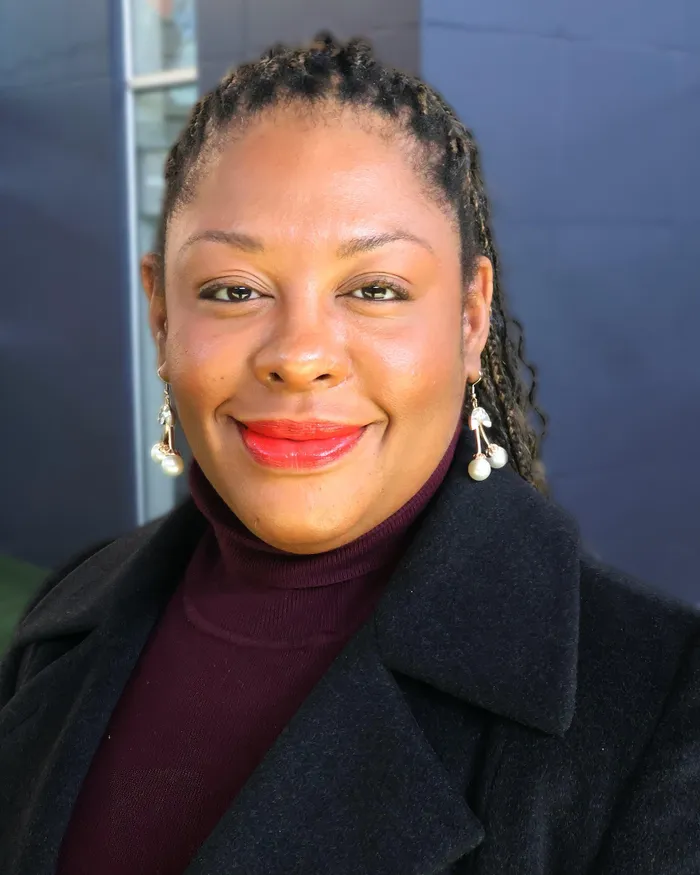The AI race is on: Startup ecosystems in the crosshairs of a new era
22 ON SLOANE

The startup world has exhaled and taken off in a full sprint, straight into the AI era, says the author
Image: RON AI
When I wrote about the 2024 Global Startup Ecosystem Report (GSER) last year, it felt like the world of startups was holding its breath, hopeful, but cautious. We were all waiting to see what would come next. Now, here we are in 2025, and that moment of pause is well and truly over. The startup world has exhaled and taken off in a full sprint, straight into the AI era.
This year, the newly released GSER 2025, now in its 13th edition, hits a different note entirely. It doesn’t just take stock of where we are, it challenges us to rethink where we’re going. With insights drawn from over 5 million startups across more than 350 ecosystems, this year’s report is, more than anything, a bold invitation to act.
Each ecosystem in the GSER 2025 is evaluated across six key success factors — Performance (total startup and exit valuations), Funding (early- and late-stage capital and large exits), Talent & Experience (quality and track record of founders and workforce), Market Reach (local and global customer access), Knowledge (research output and innovation capacity), and, new for 2025, AI-Native Readiness (the ecosystem’s transition to AI-driven innovation in startups, funding, and policy).
The GSER 2024 painted a picture of stagnation in the post-Covid tech sector, with exits and funding levels far below pre-pandemic highs. The world’s top ecosystems — Silicon Valley, London, and New York — held their positions, buffered by deep capital and talent reserves. But signs of movement were already evident: Tel Aviv surged to tie with Los Angeles for 4th, and Tokyo cracked the top 10 for the first time, backed by state-led innovation strategies.
Fast forward to 2025, and the ground has visibly shifted. Silicon Valley, no surprises here, is still king of the hill. But London, which had been comfortably sharing the silver medal with New York since 2020, has now been bumped to bronze. The real headline, though, is Tel Aviv’s rise to fourth place outright, a climb powered by Israel’s long-standing strategic investments and its central role in the global AI revolution.
China, which saw a dip in rankings last year, rebounded strongly in 2025 with notable improvements in rankings for cities such as Beijing and Shanghai, Europe faced a decline in ecosystem value apart from Paris which ascended to the 12th position.
The overall picture painted by GSER 2025 indicates a shifting focus; ecosystems that effectively incorporate AI technologies are likely to have a competitive edge, while those that remain anchored in outdated models risk obsolescence. The funding landscape wasn’t entirely bleak. While overall startup ecosystem value declined, one sector surged ahead: Artificial Intelligence. AI startups didn’t just weather the downturn; they thrived, capturing 40% of global VC funding in 2025, up from 26% in 2021.
Last year, Nairobi led the Sub-Saharan pack, with Lagos, Cape Town, and Johannesburg following. In 2025, Lagos takes the lead, boosted by three unicorns (Flutterwave, Moniepoint, and Andela) and a strengthened fintech backbone. Cape Town remains the only African city in the Top 100 Emerging Ecosystems, while Johannesburg, despite its wealth of financial institutions and Africa’s largest stock exchange, continues to lag behind in ecosystem index rankings.
As South Africa contemplates its evolving role within this global context, the GSER 2025 delivers a clear directive: governments must allocate at least 25% of AI transition budgets to entrepreneurial ecosystems; not just to academic research or infrastructure. The path forward is clear: act locally, partner globally, and ride the AI wave with policy and precision.
For me, the GSER 2025 rings louder and more urgently than any report before it. The message is clear: the next generation of innovation won’t wait for those who hesitate. Ecosystems that move quickly to embrace AI, and ensure its benefits are widely shared, will be the ones that shape the future.

Boitshoko Shoke, Research & Impact Manager at 22 On Sloane.
Image: Supplied
Boitshoko Shoke, Research & Impact Manager at 22 On Sloane.
*** The views expressed here do not necessarily represent those of Independent Media or IOL
BUSINESS REPORT